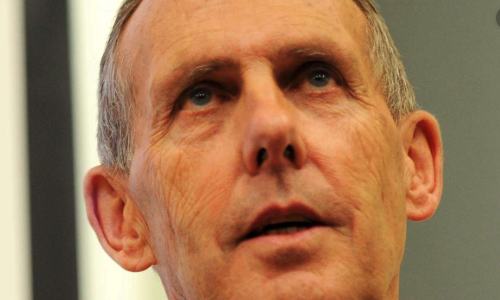
by ALFRED BUI – NSW’s Labor Government has introduced legislation prohibiting all LGBTQ conversion therapies performed by religious communities.
Church groups, however, have warned the move will serve to affirm medical practices that mutilate children.
- It unjustly links a pastor’s or parents’ genuine counsel with harmful conversion practices.
- The bill exposes well-meaning parents and faith leaders to legal repercussions including imprisonment.
- Libs to examine bill “closely and in good faith”.
The State government claimed the move was an attempt to protect LGBTQ people from therapy practices based on “false ideology” that homosexual people had a disorder or required treatment.
It also claimed there was evidence that conversion practices were dangerous and damaging.
CONVERSION
According to the Office of the United Nations High Commissioner for Human Rights, conversion therapy first started in Australian conservative Christian communities in the early 1970s and later spread to other communities.
Conversion therapy can take many forms, from counselling and support group activities aimed at changing a person’s sexual orientation to religious practices such as prayer, scripture reading, fasting, spiritual healing and spiritual deliverance.
The NSW government claimed its legislation was developed with consideration of the well-being of the LGBTQ community – as well as the acknowledgment and respect of religious and cultural beliefs and practices.
During the development process, the State government consulted a range of stakeholders while considering legislation from other jurisdictions that had banned conversion practices, including Victoria, Queensland, ACT, New Zealand and Canada.
While the bill will criminalise all conversion practices in NSW, it does not ban religious teachings about sexual orientation, expressing a belief through sermons and seeking guidance through prayer.
NSW Premier Chris Minns said he had personally met with people who had experienced conversion practices and believed it was important to end those therapies.
“Every person in NSW deserves to be respected for who they are, and that’s exactly what these new laws will do,” he said.
“It is intolerable that we have a situation in NSW where children can be told something is wrong with them and that they need to be fixed.”
LANDMARK
Meanwhile, NSW Health Minister Ryan Park touted the bill as a “landmark reform”.
“Conversion practices are incredibly harmful and have severely damaging health impacts,” he said.
“We have worked closely with a wide range of health experts to ensure that this bill is fit for purpose and provides clarity around obligations for practitioners.”
Following the NSW government’s announcement, the Australian Christian Lobby (ACL) reaffirmed its objection to the bill.
The group was concerned that the passing of the bill would support harmful gender affirmation procedures, undermine fundamental freedoms and suppress religious expression.
“The bill has an evident bias toward affirming gender-transition pathways. This flies in the face of mounting evidence of the harmful effects of such treatments, especially on vulnerable youth,” Joshua Rowe, the director of ACL’s NSW branch, said.
“The NSW government has missed the opportunity to lead the nation in the area of gender dysphoria.
“Instead, they have chosen to support outdated and dangerous treatments that have been proven internationally to be harmful, particularly to children.”
At the same time, Mr Rowe said the bill unjustly linked a pastor’s or parents’ genuine counsel about sexual orientation with harmful conversion practices.
IMPRISONMENT
“This threatens the fundamental rights of freedom of speech, religion and association for all NSW citizens, exposing well-meaning parents and faith leaders to legal repercussions including imprisonment of a maximum of five years,” he said.
Meanwhile, state Opposition Leader Mark Speakman has yet to express his stance on the bill, saying he would examine it “closely and in good faith”.
“I think there was a general understanding that conversion therapy [legislation] will be coming on later this year,” he said.
“It’s been brought forward, and we’ll act as quickly as we can in those circumstances.”PC










